How serious the Covid-19 pandemic is?
The increasing number of cases contracted to Covid-19
As at 6am on 25 March 2020, among more than 162.000 tests conducted across Australia, 2.252 cases of COVID-19 have been confirmed – an increase of 429 new cases since 6am yesterday. Though we are witnessing the number of confirmed cases being doubled between every three or four days, the number of deaths due to Covid-19 still remains at 8 and at least 69 patients have recovered.
New South Wales is currently the state with the highest number of confirmed cases (1029), followed by Victoria of 411 cases and Queensland of 397 cases, while the Northern Territory is having the least number of Covid-19 infections (5).
So far, most of the confirmed cases are related to overseas and authorities are investigating to find out the source of infection. With the continuous efforts and urgent acts of the Australian government and all citizens, hopefully, this pandemic will soon be under control.
Border restriction in Australia in response to Covid-19 rapid spread
In line with the travel restriction issued by the Federal Government earlier, many states in Australia including Southern and Western Australia, Northern Territory and Tasmania have made an intense but critical decision to shut down their borders in order to stop the spread of the coronavirus.
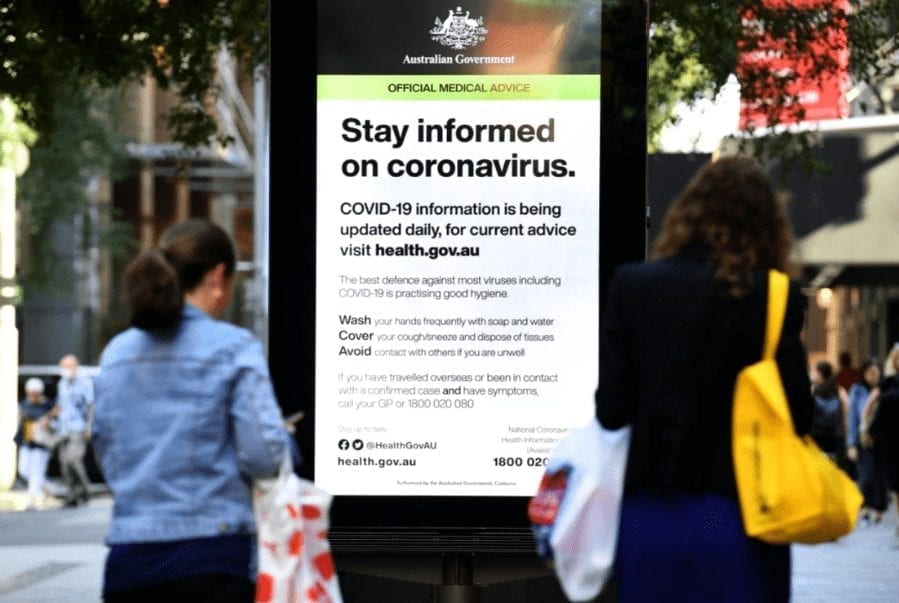
Australian Prime Minister, Scott Morrison, also said that the country’s borders should be closed to all international visitors, except for Australian citizens, permanent residents and their close family members. Mr. Morrison also advised all citizens to abandon all overseas travel at this uncertain period.
As the travel alert in Australia is upgraded to the highest level of 4, on March 15, an indefinite ban has ever been released in Australia’s history for the first time. Accordingly, all travelers, no matter who arrives in the Australian are required to implement self-quarantine for 14 days. On the other hand, all entries from foreign cruise ships should isolate themselves for 30 days.
Will medical resources in Australia be in a shortage?
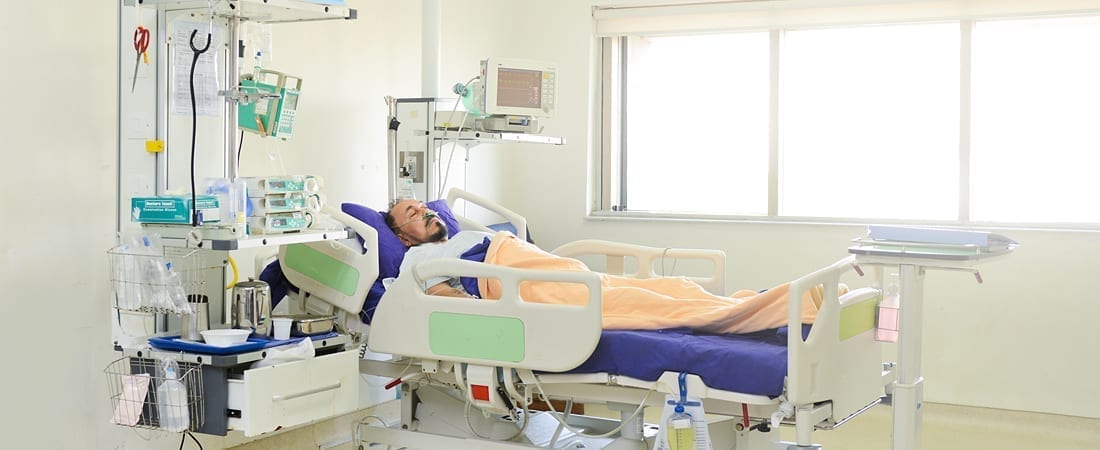
It is reported that an infected patient can infect about five others. Referring to the overseas experience in dealing with community transmission of Covid-19, such exponential growth of coronavirus is an alarm to the medical resource shortage in Australia. It is afraid that medical centers may be heavily overloaded and lack of doctors as well as equipment due to the huge increase of infections at the same time.
As of 23 March, Australia has only about 2229 intensive care beds (ICU) across the nation as reported below. Many hospitals may have to cancel elective surgeries to spare ICU beds for Covid-19 patients.
| No. | States of Australia | Number of currently available ICU beds |
| 1 | New South Wales | 874 |
| 2 | Victoria | 476 |
| 3 | Queensland | 413 |
| 4 | Western Australia | 162 |
| 5 | South Australia | 188 |
| 6 | The Northern Territory | 22 |
| 7 | Tasmania | 50 |
| 8 | The Australian Capital Territory | 44 |
Will 2229 ICU beds be enough?
Each of us, therefore, needs to raise awareness on the severity of the pandemic and take necessary precautions to protect ourselves, our family as well as our community.
What has been done in response to Covid-19?
Recognizing that it is high time to block the threat of COVID-19 spreading through international travel, the Australian government has recently made imperative actions synchronously:
- Applying travel restrictions to eliminate the risk of importing coronavirus cases from virus-hit countries.
- Continuing to screen the travelers who have recently arrived in Australia.
- Continuing with border surveillance.
- Applying enhanced border measures at international airports and seaports with announcements and signs to raise the community’s awareness.
- Shutting down non-essential services such as pubs, clubs, restaurants, casinos, cinemas, gym Pubs, clubs, restaurants, casinos, cinemas,…Parents are encouraged to keep children at home. Nonetheless, if impossible, schools are still open and should be a second safe place after home.
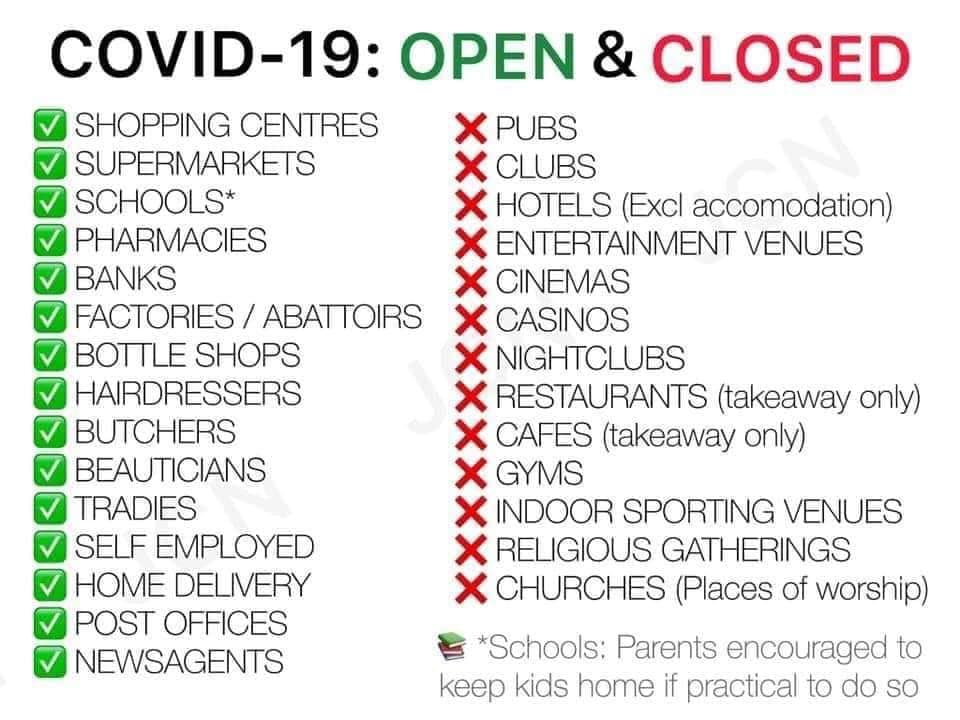
The Government has also made realistic financial supports to in time reduce the burden on businesses and affected parties:
- Delivering a $17.6 billion economic support package to encourage investment and keep people in jobs
- Delivering a $2.4 billion health package to protect all Australians, especially the most vulnerable ones
- Securing an additional 54 million face masks to help protect medical professionals
- States and territories’ health authorities are doing their best to test hundreds of suspected cases as well as monitor closed contacts of the confirmed cases every day.
Besides, explicit information and warnings are provided in multi-language based on the latest medical advice through various channels such as Facebook, Twitter, Weibo, WeChat and Chinese newspapers, etc.
What can you do in response to Covid-19?
Each and every member of the public can take part in the response to COVID-19 with simple precautions. Check out the list below to self-review if you and your family are practicing the necessary steps.
Wash your hands often and properly
- Using soap and clean water or sanitizer of at least 60% alcohol to wash your hands in at least 20s
- After coughing or sneezing
- Before eating or preparing food
- After handling animals
- Before and after taking care of a sick person
Be mindful of what you touch
- Clean and disinfect the frequently touched objects and surfaces (tables, cellphones, mouse, keyboard, doorknob…)
- Avoid touching on your face if your hands have not been washed thoroughly
- Cover your mouth and nose when coughing or sneezing with your elbow or a tissue to avoid spreading respiratory droplets
- Avoid close contact with people with cold or flu symptoms
Practice self-quarantine and social distancing when needed
Besides practicing good hygiene, if being sick or coming back from virus-hit areas, make sure to isolate yourself in at least 14 days to protect not only your family but also the community.
- Working from home instead of at the office
- Switching to online classes
- Talking to others via video calls instead of an in-person visit
- Canceling or postponing all kinds of conferences and meetings
- Staying at least 6 feet away from other people in your household
- Not sharing personal stuff such as towels and utensils with others
Strictly follow the Government and Health authorities’ advisories
- If you have been from overseas and are experiencing flu-like symptoms, do not hesitate to call your (GP) general practitioner to explain your symptoms and your travel history.
- Please do not make an unexpected appointment with a GP or attend a hospital without informing. It is important to notify the medical center in advance so that they can give you instructions, rearrange their schedules to protect other patients before you arrive or even pick you up.
- Stay tuned to COVID-19 health alerts everyday to catch up on the current situations and implement proper solutions accordingly such as avoid public gatherings or traveling for this time being. See our latest TRAVEL ADVICE amid the Covid-19 outbreak.
Above all, we hope you can temporarily refrain from traveling to stay safe and strong until the pandemic goes away!
















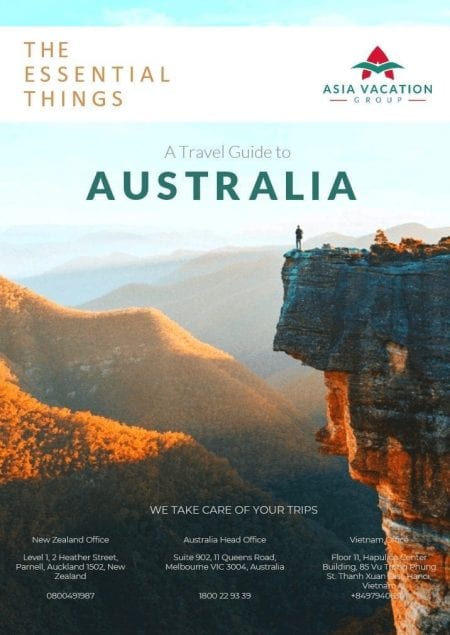
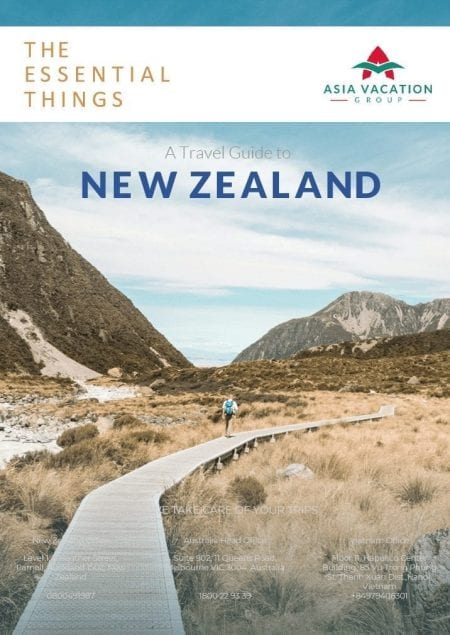
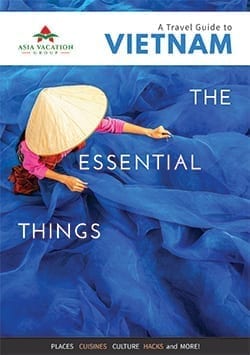













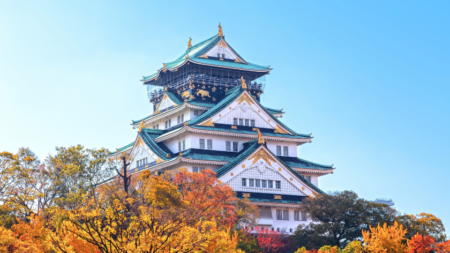


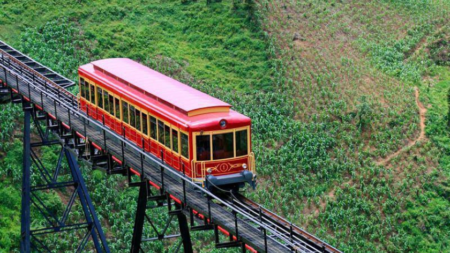

 planning
planning